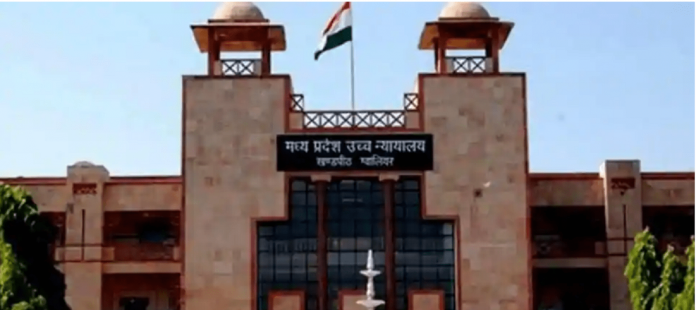The Madhya Pradesh High Court recently disposed of a petition filed for quashing of an FIR registered under Prevention of Corruption Act and said in an offence of this nature, the investigation takes more time to be completed than an investigation in an offence unrelated to the Prevention of Corruption Act.
The Division Bench of Justice Sheel Nagu and Justice Purushaindra Kumar Kaurav heard a petition filed by Surendra Singh Bhadauriya who is facing criminal prosecution arising out of a crime registered at Police Station S.P.E Lokayukta, Rewa alleging offences punishable under Section 13(1)(E)/13(2) of the Prevention of Corruption Act, 1988.
Ghuncha Rasool, the counsel for the petitioner, argued that since investigation continues to be pending despite a lapse of more than 6 years, the petitioner has been prejudiced inasmuch as having lost his job and source of livelihood. On the strength of these submissions, the counsel prayed for quashing of the FIR.
The court is of the considered view that delayed investigation alone cannot give the justifiable right to a particular accused to seek quashing of the FIR unless the delay is unconscionably long and unexplained.
Also Read: Civil Defence: An important shield for civilians during wartime and disasters
The counsel for the petitioner relied upon the decision in the case of Vakil Prasad Singh Vs. State of Bihar, reported in (2009) 3 SCC 355 where the delay was as long as 15-16 years. Whereas the delay in the present case is 6 years, the Court observed.
“It is common knowledge that in offences of this nature the completion of investigation takes comparatively more time than investigation in offences unrelated to Prevention of Corruption Act,”
-said the Bench.
The Court went on to observe that, however, the mandate of Section 173 of the CrPC stipulates that every investigation shall be completed without unnecessary delay.
“In view of the above, though this Court is not inclined to quash the FIR, as prayed for, but is inclined to direct the prosecuting agency i.e. respondents to conduct and conclude the investigation in a free and fair manner as expeditiously as possible preferably within a period of six months”
-the order reads.


